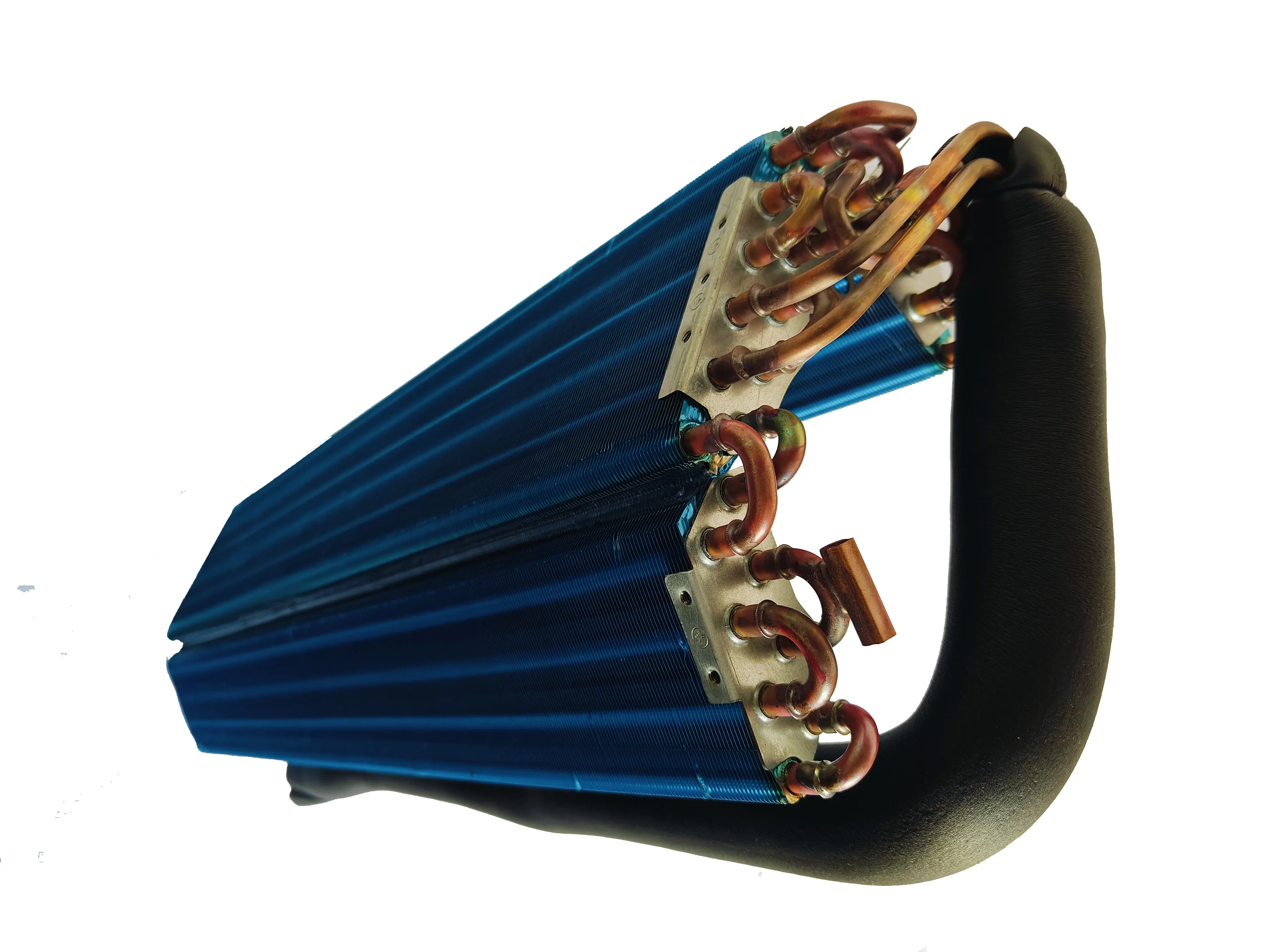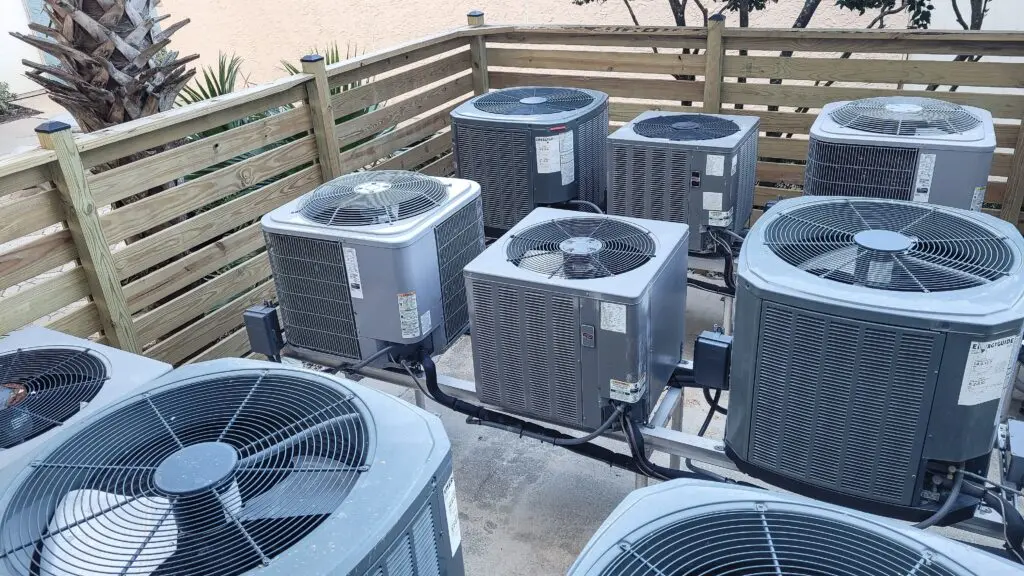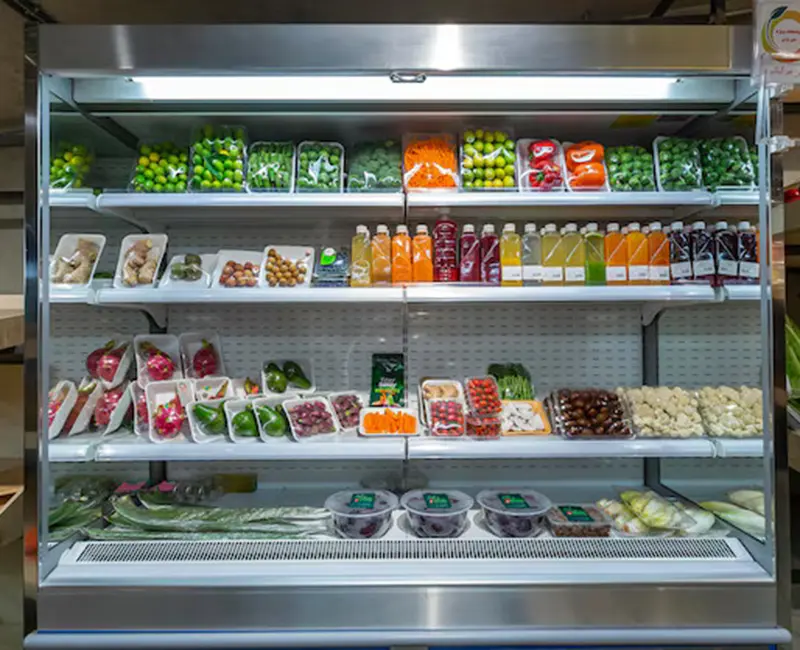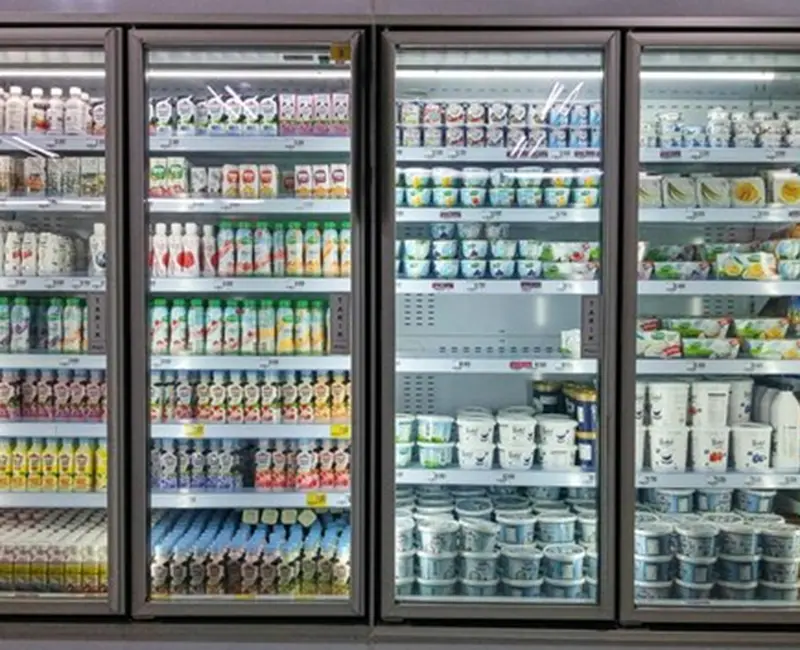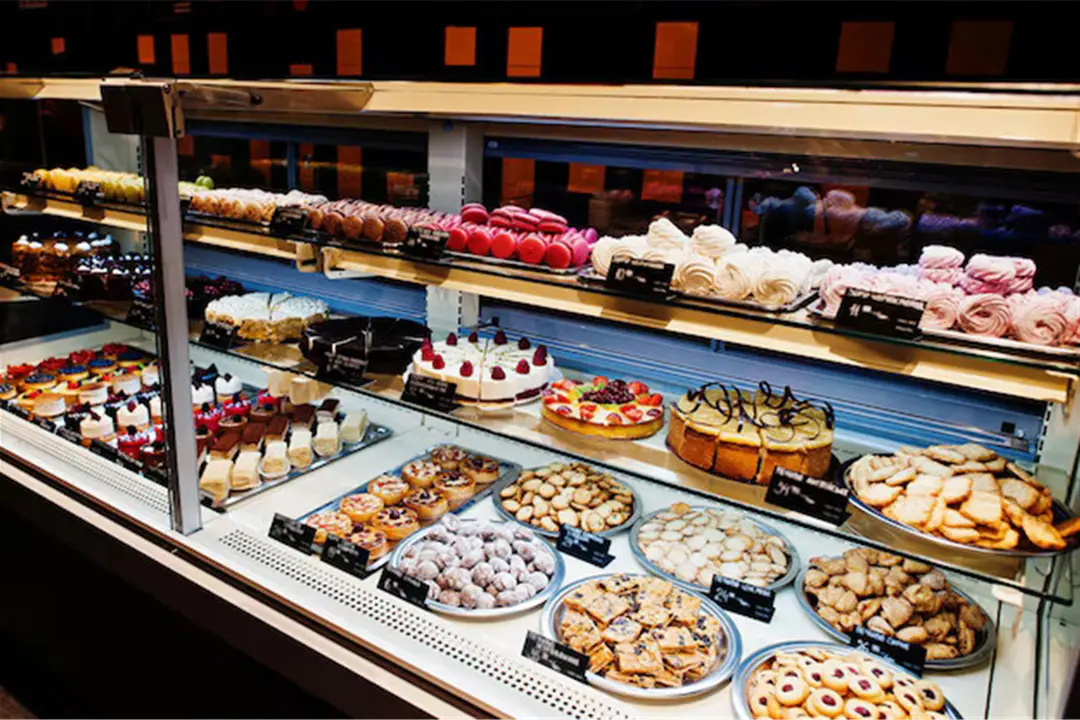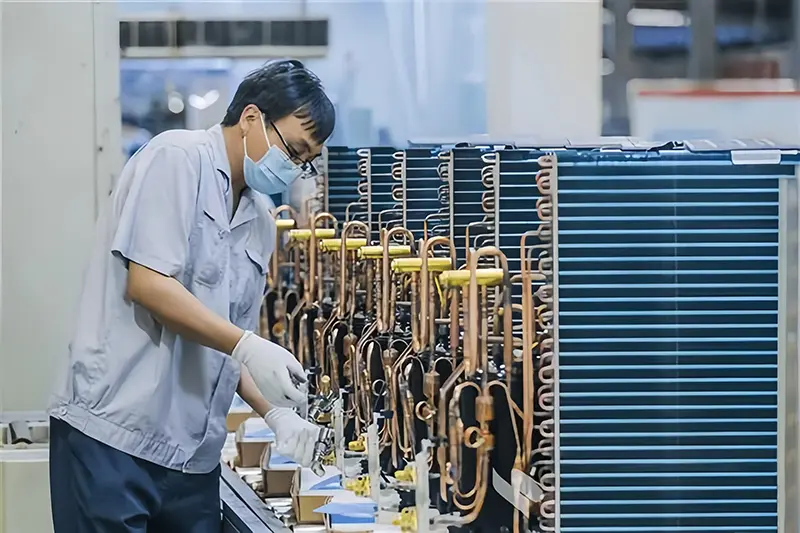Refrigeration Accessories: Growth Opportunities in Emerging Markets
2024-11-09
The global refrigeration components industry is undergoing a transformational phase, especially in emerging markets. As these regions continue to develop, demand for refrigeration accessories has surged, driven by a variety of factors including infrastructure development, energy efficiency, regulatory support and competitive challenges. This article explores these aspects in depth, providing a professional comparative analysis of future opportunities and challenges.
1. Infrastructure construction investment
Emerging markets are placing increasing emphasis on infrastructure development, which is crucial for the growth of the refrigeration accessories industry. Governments and private investors are directing funds to build cold chain logistics, retail stores and food processing facilities. For example, countries in Southeast Asia and Africa are strengthening their transportation networks to facilitate the distribution of perishable goods. This investment not only increases demand for refrigeration systems but also creates a strong market for accessories such as compressors, condensers and evaporators.
However, the pace of infrastructure development varies widely across regions. While some countries have made rapid progress, others face bureaucratic hurdles and insufficient funding. This difference creates opportunities and challenges for refrigeration accessories manufacturers and suppliers, as they must navigate different regulatory environments and market readiness.
2. Adopt energy-saving technology
The global push for sustainability is impacting the refrigeration components industry, particularly in emerging markets. Driven by rising energy costs and environmental concerns, the adoption of energy-saving technologies is becoming a priority. Manufacturers are increasingly focusing on producing accessories that improve the energy efficiency of refrigeration systems, such as variable speed drives and advanced insulation materials.
Emerging markets offer unique opportunities for these technologies, as many regions still rely on outdated systems. The transition to energy-efficient solutions not only reduces operating costs but also aligns with global sustainability goals. However, the initial investment required by these technologies can pose a barrier to many businesses in emerging markets, so a careful balance between cost and efficiency is required.
3. Regulatory support and incentives
Regulatory framework plays a vital role in shaping the refrigeration accessories market in emerging economies. Many governments are implementing policies that promote energy efficiency and environmental sustainability, providing incentives for businesses to adopt modern refrigeration technologies. These incentives can take the form of tax breaks, grants or subsidies, making it more feasible for businesses to invest in advanced refrigeration components.
However, the effectiveness of these regulations can vary significantly. In some regions, regulatory support is strong and well implemented, while in other regions it may be inconsistent or poorly implemented. This inconsistency can create uncertainty for businesses looking to enter these markets as they must evaluate the potential risks and rewards associated with regulatory compliance.
4. Market entry and competition challenges
While the opportunities in emerging markets are huge, challenges remain. Market entry can be complicated by established local competitors who have a better understanding of consumer preferences and distribution channels. Additionally, a lack of standardized regulations can create confusion and hinder the entry of foreign manufacturers.
In addition, the competitive landscape is changing, with local companies increasingly adopting advanced technologies and improving their products. This increasing competition requires new entrants to not only offer quality products but also build strong relationships with local stakeholders to gain market traction.
In conclusion
The refrigeration accessories market in emerging markets offers substantial growth opportunities, driven by infrastructure development, energy efficiency, regulatory support and competitive challenges. As businesses navigate this complex landscape, a strategic approach that considers local conditions and global trends is critical to success. By capitalizing on these opportunities while addressing the inherent challenges, stakeholders can position themselves favorably in this dynamic industry.









